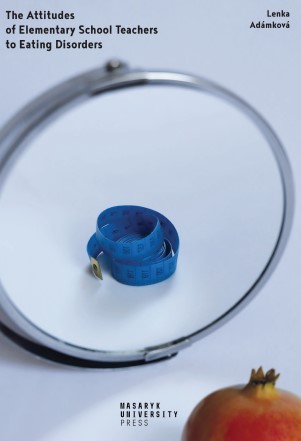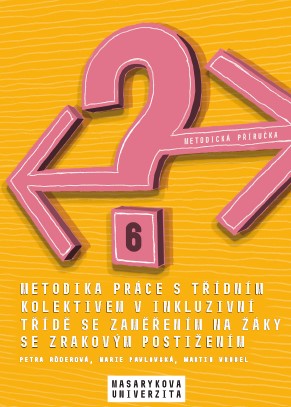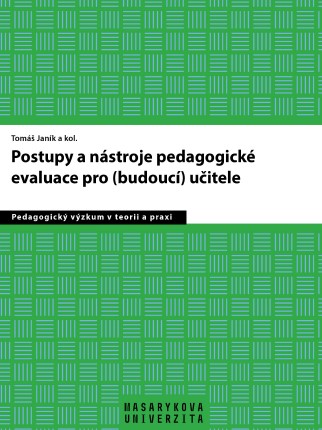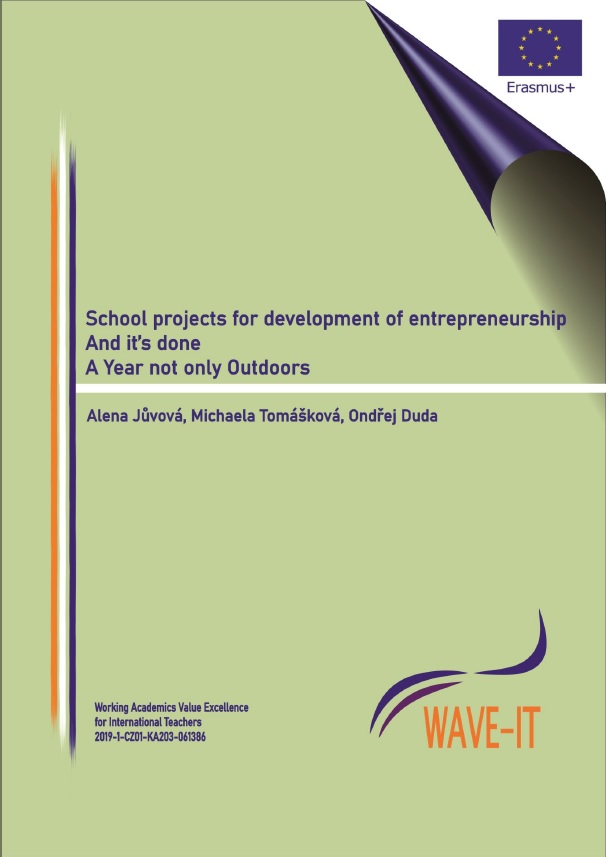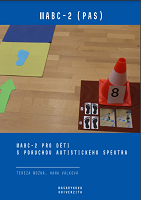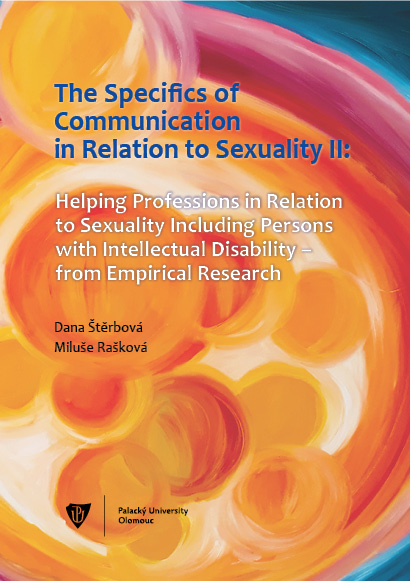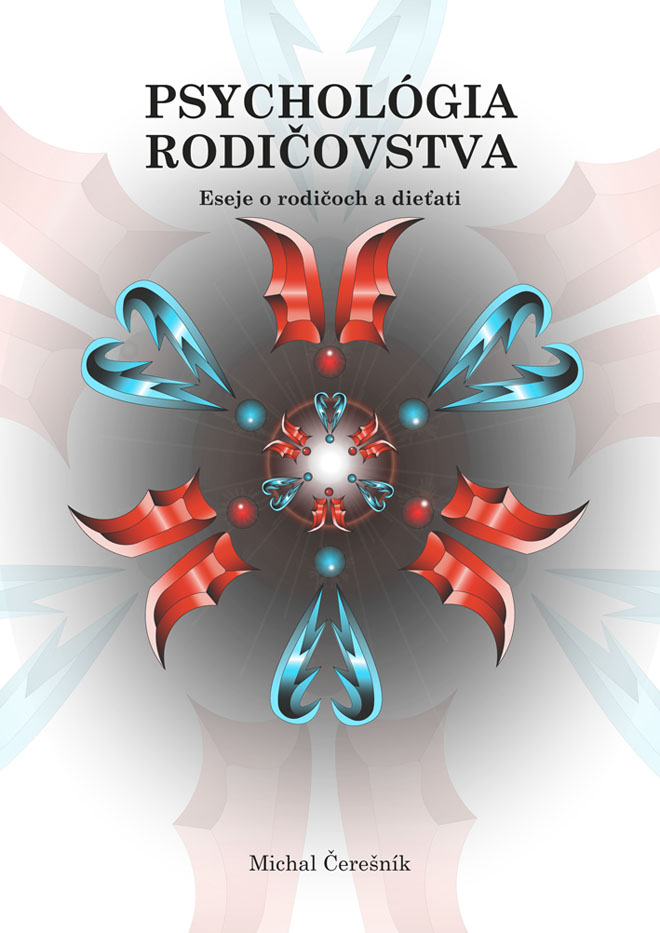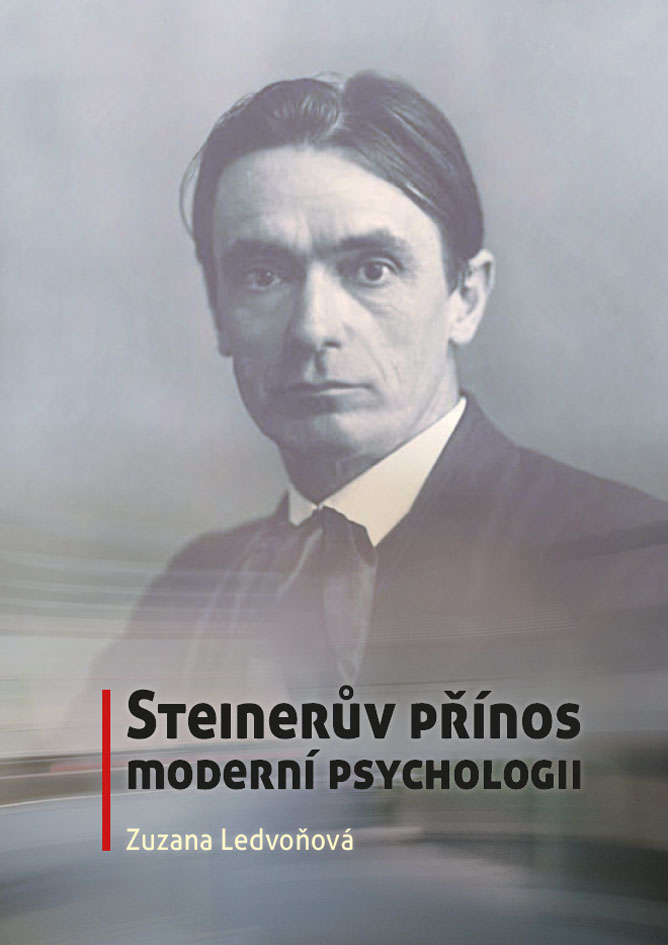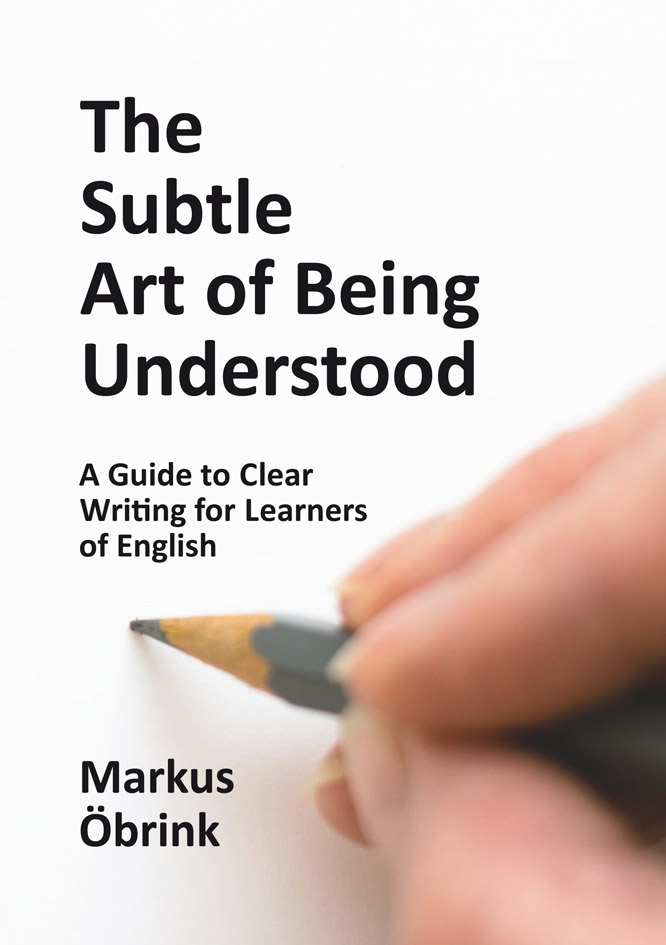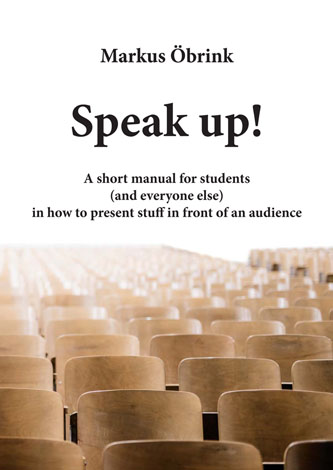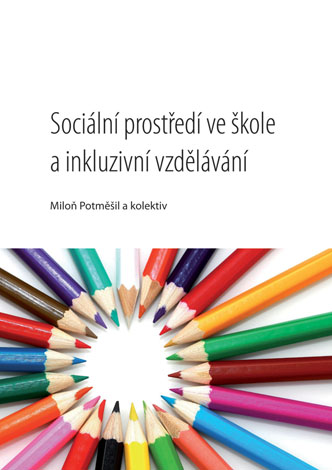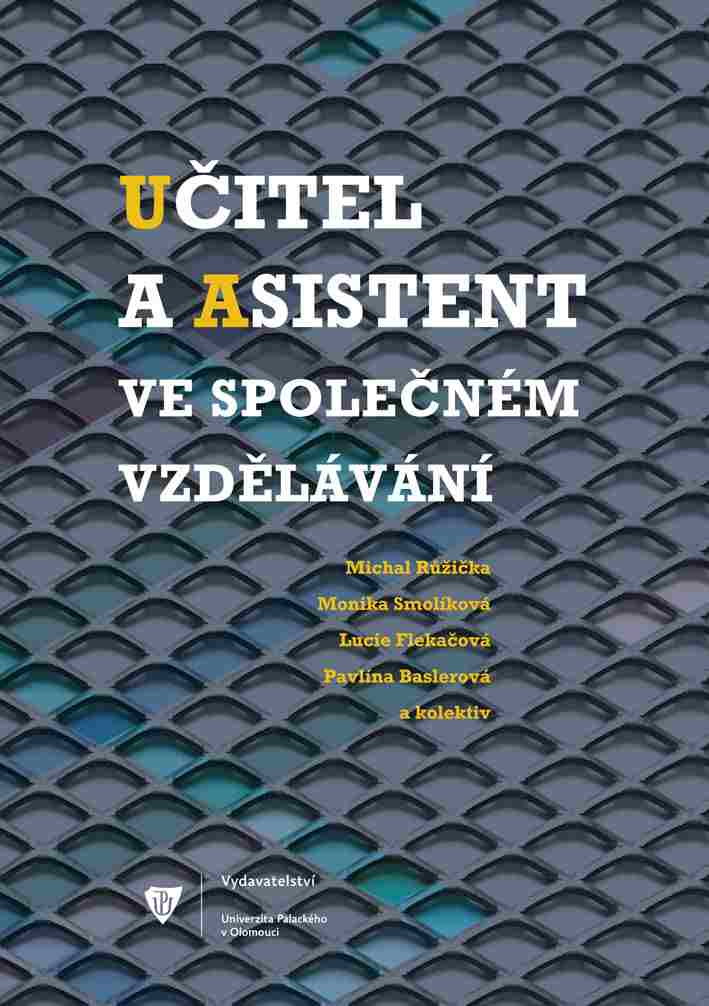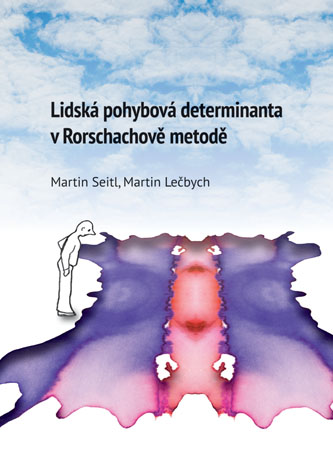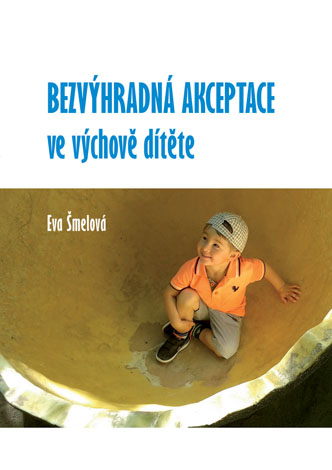Author(s): Zuzana Ledvoňová / Language(s): Czech
The goal of this monograph is to uncover conributions of anthroposophy, a doctrine of Rudolf Steiner - thinker of the turn of 19th and 20th century, to the modern science and psychology and compare it with the contemporary scientific knowledge. It consists of analysis of Steiner's doctrine and its comparison with findings of theory of knowledge and psychology. First, we introduce Steiner’s life and work, then his doctrine– anthroposophy, which he called aspiritual science. However, this so called “science” is inconsistent with modern science in many ways, especially in the matter of existence and exploration of the supersensible worlds. The anthroposophy presumes an objective nature of thinking, but only under the assumption of cultivation of thereof and clairvoyant abilities training. Next part is dedicated to Steiner’s thoughts about psychology. For the sake of greater objectivity in science, Steiner and other authors agreed on the need to focus on research and development of the subject of knowledge. For this purpose, a new position of psychology and psychotherapy is oered, because both of them have tools and theories which helps to discover the attributes of the subject. Consequently, we introduce a new paradigm in psychology which is a connection between natural and spiritual sciences, by the same rule as a soul stands between the materialistic and spiritual world. We also outline a new different methodology approach apart from material knowledge and an integration of the sources of knowledge – senses, reason and intuition. Further, the monograph pursues Steiner’s theory of personality and development theory. According to Steiner, a personality consists of body, soul and spirit. Steiner’s theory of personality has the same units as Victor Frankl’s or Ludwig Klages’ theory. We can also find some similarities with transpersonal psychology. We compare Steiner’s conception with psychoanalytic, socialcognitive, humanistic-existential and traits approach as well. Steiner’s development theory is divided to seven-year periods and in each of them a specific part of human being is developing. In each of the period, there is a necessity to affect the developing part according to the principle of teachable moments and sensitive periods by Havighurst. We also find great correspondence with the Piaget’s development theory, partly with Ericson’s and categorical contradictions with Freud’s psychosexual development theory. This publication reveals similarities and differences between modern science and anthroposophy. We highlighted some of the weak points of anthroposophy as well as those of the modern science and introduced a draft of a new approach in science. This draft is a synthesis of both doctrines. This monograph is a contribution to discussion about scientific disposition of the anthroposofic approach. Beside this, we also evaluate usefulness and applicability of the Steiner’s knowledge within modern science.
More...





